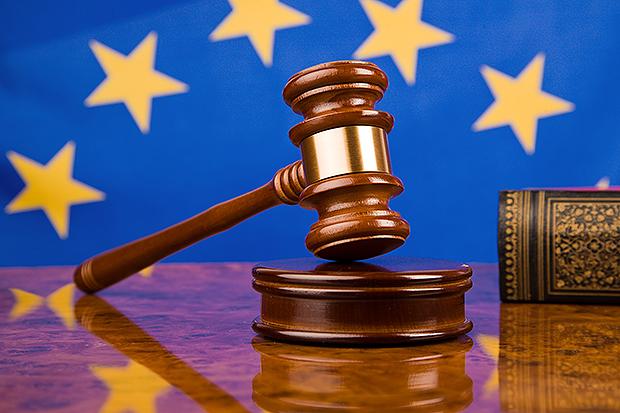Europe is a continent of strict laws and regulations. Every country has its own attitude towards gambling. Let’s see what the most common laws are.
Gambling Restrictions in Europe
The whole of Europe can be called a gambling heaven. In the majority of countries it’s legal to gamble in both online and land-based casinos, and to bet on sports and other activities. The biggest markets are the UK, Spain, and Germany. Unfortunately, some countries are against gambling altogether or limit gamblers in some way.
For example, you may not be allowed to play at online casinos, but visiting land-based ones would be totally okay. In addition, some countries allow sports betting only. Anyway, HolyMoly has found out the most common restrictions in European countries.
- The United Kingdom is a country of strict laws and obedient people. All the spheres of the country are under control to various degrees. Gambling has also been under a strict control since 2005 when the Gambling Act was signed. There is a special body which is responsible for the control of lotteries, betting, real and online casinos, etc. The UK Gambling Commission also grants licenses. These licenses are recognized as the most reputable. It basically means that all casinos with UK licenses can be fully trusted.
- France isn’t famous for delicious wine and croissants only. It is also a country where the classic roulette wheel was invented. Up until recently, you were allowed to visit numerous land-based casinos but were forbidden to play at online casinos here. The weak gambling activity was further dampened by high taxes for such businesses ‘till 2009. That year the Bill for the legalization of poker, sports betting and horse races betting was passed. The year after, in 2010, the ARJEL was established. The French Regulatory Authority for Online Games is now regulating the whole gambling sphere.
- Spain is a legal place for online betting. Mostly legal, anyway. Since 2011 all betting activities are supervised and regulated by means of electronic, interactive and technological systems. The regulation entered into force after the presentation of the Spanish Gambling Act and the General Directorate for the Regulation of Gambling Activities. According to the Act, fixed-odds betting, roulette, mutual sports betting, slots, horse races betting, bingo games, baccarat, poker, blackjack and some other games are legal and can be played by all adults. There is only one strange law about online casinos – if a casino wants to get a license from a Spanish regulator, it should have a website on a Spanish domain – .es. This restriction bars most international online casinos.
- Italy is the birthplace of gambling. Venice is known as the first gambling city and as a place where baccarat was invented. Any gambling activity used to be forbidden by the Italian laws as it was considered a criminal activity. Not all gambling is illegal. The games are divided into categories. Games of luck are forbidden, but games of skill are fully legal. In addition to the latter, it was also legal to play state lotteries, sports betting, etc. In 2006 one more legal category appeared – games of chance. They included poker, video poker, and some cash games. The European Commission demanded to change the gambling laws in Italy in 2009. According to the Commission, they used to be too strict. After that, Italy started to issue licenses from AAMS. Only casinos with licenses from Autonomous Administration of State Monopolies can operate in this country.
- Germany used to allow only horse races betting. From 2008 to 2012 the federal legislation was against all manifestations of gambling. Everything would be easy if one state, Schleswig-Holstein, hadn’t legalized gambling and started issuing licenses. That was due to the existence of two types of laws in Germany (both with names too complicated to pronounce), and only one of the types was against gambling. That mess ended in 2012 with the signing of German Interstate Treaty. This law prevented the licenses from being issued within the country. All the licenses issued before 2012 have stopped being legal in 2018 only.
All the European countries have their own laws for the gambling industry. We can only guess what will change next year. Give it a try while you have such a possibility.





